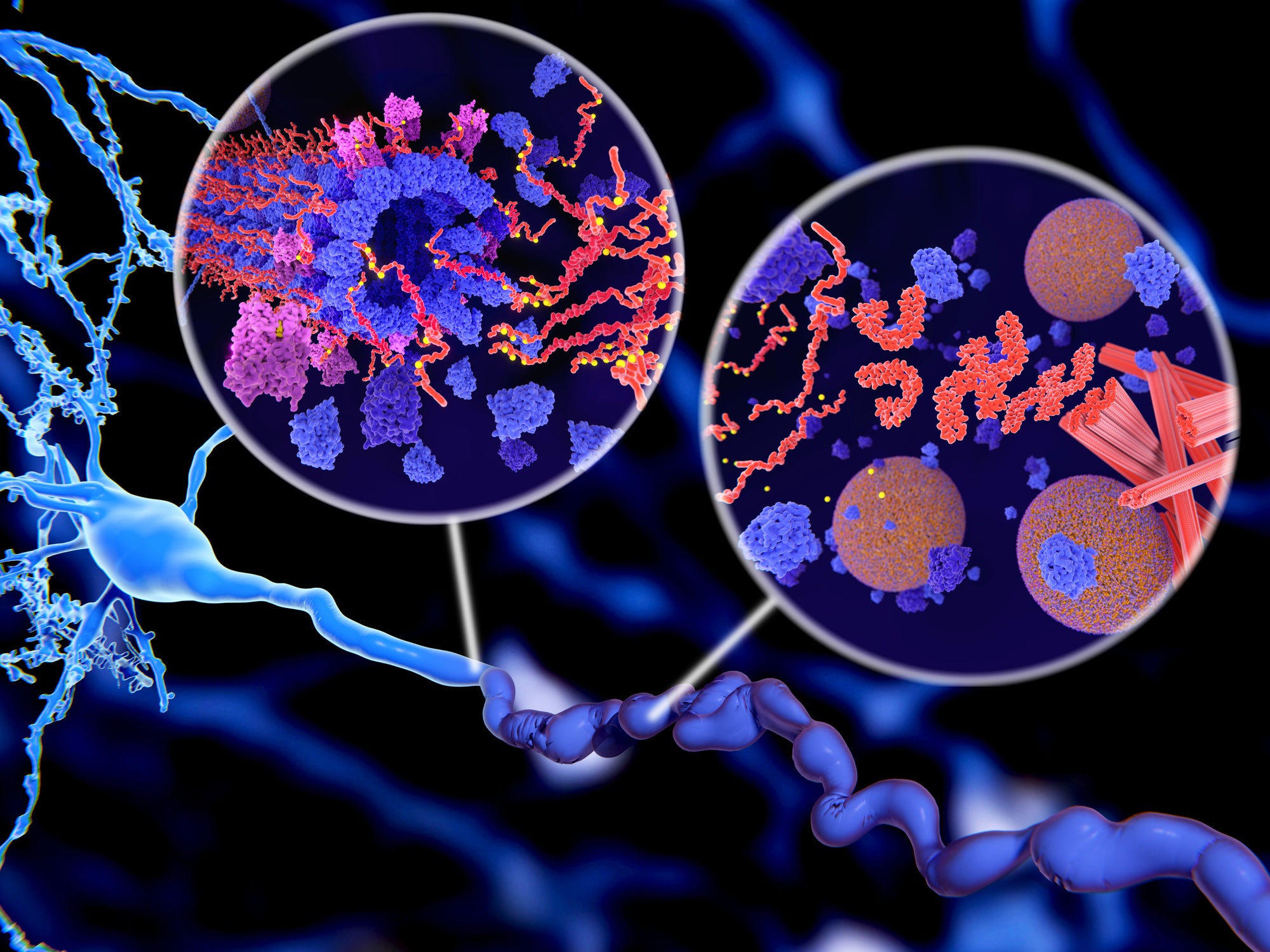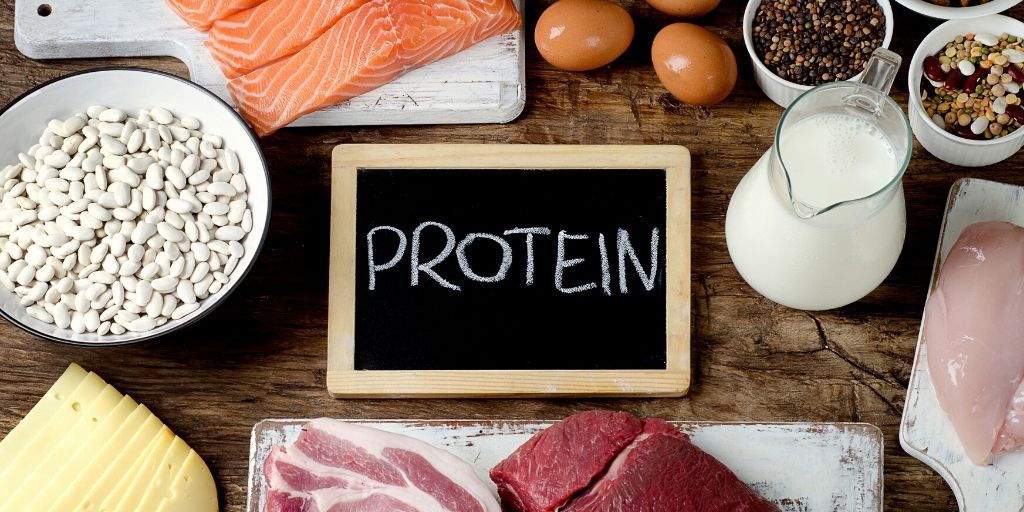
Brain Gains: How Protein Supercharges Your Mental Fitness
Protein is foundational for muscles, playing a pivotal role in maintaining and repairing tissues and augmenting strength. The brain, one of our most crucial organs, behaves similarly to a muscle in terms of its ability to strengthen itself. Studies have indicated a decline in brain functions post the age of 30, manifesting in challenges with focus, multitasking, and memory retention. But there's hope – akin to physical exercise benefiting our muscles, our brain can be strengthened and maintained with appropriate nutrients, especially protein.

Effects of low protein on the brain:
Mood and Appetite Impact: A protein deficiency might deplete certain brain chemicals which typically regulate our mood and appetite.
Fatigue: Protein boosts the level of the amino acid Tyrosine, which plays a pivotal role in producing neurotransmitters that bolster our energy and alertness.
Brain Fog: Erratic protein levels can result in short energy bursts followed by periods of mental haziness and lack of clarity.

Recommended Protein Intake:

Typically, the brain's protein requirement mirrors the body's general need, which is approximately 0.75g for every kilogram of body weight daily. On average, women might require 45g and men 55g. Notably, active individuals might need a higher intake to support glycogen storage, muscle soreness reduction, and muscle repair. However, the standout protein for our brain, fostering sharpness and focus, is amino acids.
Amino acids are crucial for the brain's functioning as they are used by the central nervous system to produce a multitude of neurotransmitters. These alter brain functions, making us alert and focused at some times and inducing sleepiness during others. A balanced intake of amino acids can help optimise our cognitive abilities.
Further bolstering the case for protein is a study by Montreal Neurological Institute and Hospital, which found that protein can enhance memory by strengthening the neural connections within our hippocampus, the brain segment vital for memory and learning.
Dr. Heather Leidy's research has shed light on how protein influences our brain's attitude towards food. Diets rich in protein diminish the areas of our brain that reward consumption of unhealthy foods. Hence, maintaining a consistent protein level can assist in adhering to a healthy diet.
Sources of Brain-Boosting Protein:
- Eggs
- Beans and Legumes.
- Mushrooms
- Fish
- Enrg Pro protein Water

Coming to the end it seems phenomenal what a few grams of protein can do for our brain health a day. From keeping us alert and focused to helping us sleep and even helping us make lots more precious memories.






